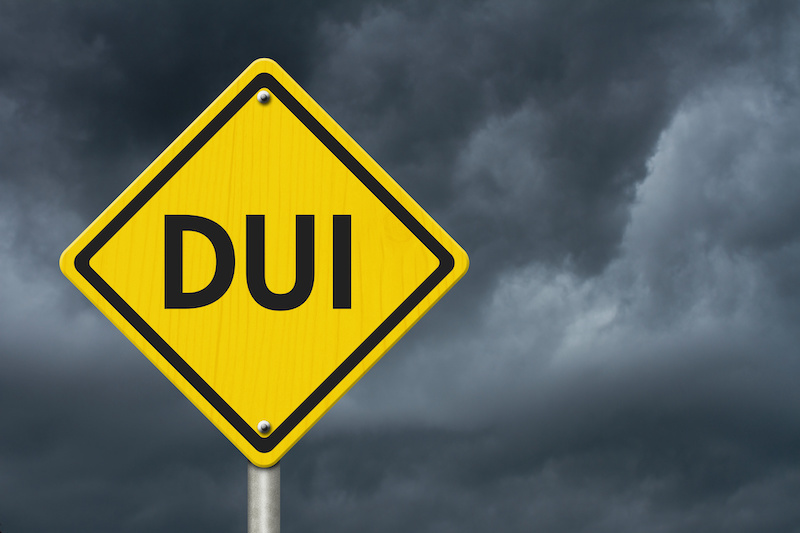The decision of whether to take a breathalyzer test after a Driving Under the Influence stop is a complex one with potential legal consequences. There are some important things to consider when making this decision. The time of refusal matters, whether it is before the arrest or after. There are more serious consequences if refusing after the arrest. If you are thinking of refusing, before the arrest would be recommended.
If you refuse the preliminary breath test before the arrest, your outcomes may be better than refusing the implied consent breathalyzer test after the arrest. While you have the right to refuse, the act of refusing itself can lead to penalties that can impact your case. Illinois law operates under implied consent, meaning that driving in the state of Illinois, you agree to chemical testing if arrested for DUI with probable cause. Generally, refusing the preliminary breath test (PBT) before arrest, won’t result in immediate license suspension as it’s not mandatory to consent to this breath test.
After arrest, however, refusing the official or implied consent breathalyzer test leads to a mandatory one-year license suspension. A second refusal within 5 years leads to a three-year suspension. Refusal also makes you ineligible for a Monitoring Device Driving Permit (MDDP) with a Breath Alcohol Ignition Interlock Device (BAIID), even for first-time offenders who might otherwise qualify after failing a breath test.
We must weigh our odds. Do we think we are better off blowing because we are going to pass? Or, do we think refusing would at least lessen the consequences of our actions? Always keep water with you to chug before these situations. Let’s weigh out some consequences.
Refusing the preliminary breath test before arrest does not trigger an immediate license suspension, so there is no immediate penalty. It can be beneficial to refuse the PBT, as it limits the evidence the police have against you, which can be a potential strategic advantage for you. However, it is important to remember that even if you refuse the PBT, the officer can still make an arrest based on other evidence, such as your driving behavior or observations.
Refusing a breathalyzer does not prevent a DUI charge. Prosecutors can use other evidence, such as officer observations, field sobriety test results, and video footage. While you don’t provide a BAC reading by refusing, the prosecution may argue that your refusal indicates “consciousness of guilt”. Although refusing means there is no direct BAC evidence, the prosecution will rely on other evidence
On the other hand, if you decide to refuse the implied consent breathalyzer test after arrest, there are some more serious consequences. First, in Illinois, refusing the implied consent breathalyzer test (after arrest) results in a mandatory one-year driver’s license suspension. In some jurisdictions, police may seek a warrant to obtain a blood or breath sample if you refuse the implied consent test. However, refusing the breathalyzer can make it more difficult for the prosecution to prove your Blood Alcohol Concentration at the time of driving, this reduced evidence for the prosecution can be beneficial for you.
When to consider taking the test, ask yourself if you are confident that you can pass. If you are certain you are under the legal limit and can pass the breathalyzer, taking the test could potentially help your case. Refusing a breathalyzer in Illinois results in an automatic license suspension that is more severe than failing the test. However, refusal can limit direct BAC evidence, which may weaken the prosecution’s case. Time can alter the accuracy of BAC in the time of the arrest.
The legal limit is typically 0.08% BAC. A DUI charge is a criminal accusation that comes with penalties such as fines, jail time, license suspension, and mandatory programs. While a refusal is an administrative violation with its own set of consequences we have discussed. Refusing a breathalyzer does not mean you will avoid a DUI charge, but it can significantly impact your case in court.
Another important note is that if you have a Commercial Driver’s License, the consequences of refusing the breathalyzer can be more severe. Commercial drivers face a one-year CDL disqualification for a first refusal and a lifetime ban for a second, regardless of the vehicle driven at the time of arrest.
Ultimately, the decision of whether to blow or not to blow is a personal one that should be made in consultation of a DUI attorney. DUI attorneys are specialized and able to assess the specific circumstances of your situation and advise you on the best course of action. You have the right to challenge the statutory summary suspension in court, but this must be done within 90 days of receiving notice.
Good luck and drive safe.
——
Written by Anna M. Layne
